can you freeze chard without blanching
zippity_duda
16 years ago
Related Stories

LIVING ROOMS8 Reasons to Nix Your Fireplace (Yes, for Real)
Dare you consider trading that 'coveted' design feature for something you'll actually use? This logic can help
Full Story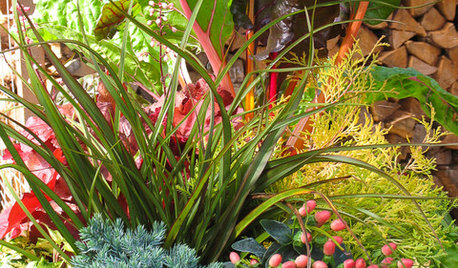
PLANTING IDEASStretch the Budget, Seasons and Style: Add Conifers to Your Containers
Small, low-maintenance conifers are a boon for mixed containers — and you can transplant them to your garden when they’ve outgrown the pot
Full Story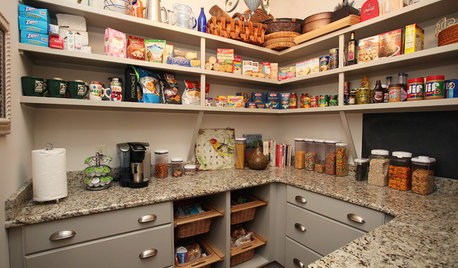
LIFEHow to Prepare for and Live With a Power Outage
When electricity loss puts food, water and heat in jeopardy, don't be in the dark about how to stay as safe and comfortable as possible
Full Story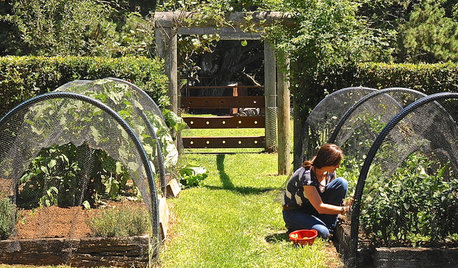
FARM YOUR YARDHouzz Call: Home Farmers, Show Us Your Edible Gardens
We want to see where your tomatoes, summer squashes and beautiful berries are growing this summer
Full Story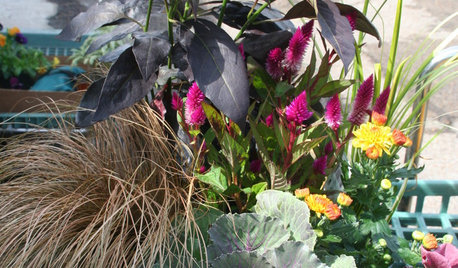
CONTAINER GARDENSNew Colors for Your Fall Planters
Take a break from the same old orange, red and yellow plants and enjoy some fresh colors in your pots this fall
Full Story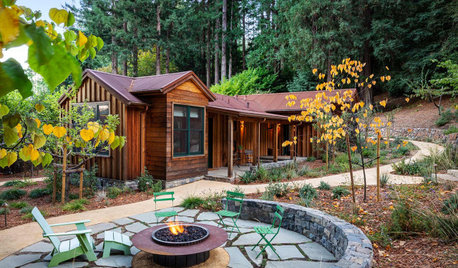
FALL GARDENING7 Reasons Not to Clean Up Your Fall Garden
Before you pluck and rake, consider wildlife, the health of your plants and your own right to relax
Full Story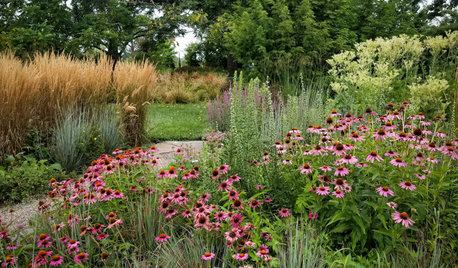
FALL GARDENING20 Favorite Flowers for the Fall Landscape
Vivid blooms and striking shapes make these annuals and perennials a delight in autumn gardens
Full Story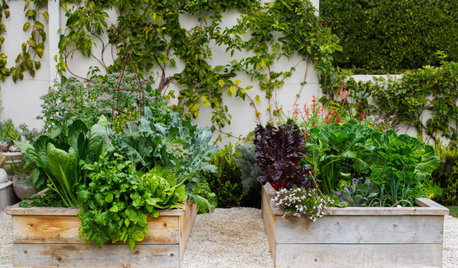
MOST POPULARHow to Start a Cool-Season Vegetable Garden
Late summer and late winter are good times to plan and plant cool-season crops like salad greens, spinach, beets, carrots and peas
Full Story
FARM YOUR YARDHow to Grow Vegetables in Containers
Get glorious vegetables and fruits on your patio with a pro’s guidance — including his personal recipe for potting mix
Full Story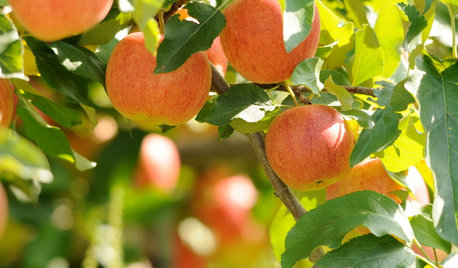
NORTHWEST GARDENINGPacific Northwest Gardener's March Checklist
Prepare for edible harvests and invite feathered friends to the garden — offering them slugs for lunch is entirely up to you
Full Story






oldroser
digdirt2
Related Professionals
Wrentham Landscape Architects & Landscape Designers · Bedford Heights Landscape Contractors · Cupertino Landscape Contractors · Dedham Landscape Contractors · Flagstaff Landscape Contractors · Haverhill Landscape Contractors · Homewood Landscape Contractors · Painesville Landscape Contractors · Pompton Lakes Landscape Contractors · Selden Landscape Contractors · Severna Park Landscape Contractors · Waipahu Landscape Contractors · West Orange Landscape Contractors · Quartz Hill Landscape Contractors · Campbell Driveway Installation & Maintenanceninjabut
koreyk
zippity_dudaOriginal Author
ruthieg__tx
zippity_dudaOriginal Author
HU-457717203
digdirt2
daninthedirt (USDA 9a, HZ9, CentTX, Sunset z30, Cfa)
zeedman Zone 5 Wisconsin
daninthedirt (USDA 9a, HZ9, CentTX, Sunset z30, Cfa)